Key Insights from Our Research, PART I
Over the last three months, we’ve been busy. We spoke to over 200 people about their stress and anxiety. We didn’t want to assume that our own experiences are universal. We ran long-form surveys; we hosted small group discussions to dive deeper; we had countless one-on-one conversations with scientists, experts, and wellness practitioners. We learned a lot.
Sixty percent of the people we surveyed see stress as a big problem in their lives. Many people told us that simply reflecting on the many manifestations of stress was helpful. Many participants in our small groups told us that hearing from other people about their very personal experiences made them feel less alone.
So in the spirit of continuing to help us all recognize that we’re not alone in our experiences, we’re sharing a few of the key insights from our research.
There’s a lot to unpack, so we’re publishing this as a 2-part series. The first will cover the commonalities across our experiences with stress (hint: there are a lot!). The second will cover what people told us about what helps for stress and what’s standing in the way of their wellbeing.
How Common is Our Experience with Stress?
Sixty-nine percent of us are experiencing physical symptoms of stress at least every few days, and often daily. Seventy-four percent of us are experiencing emotional/mental symptoms of stress just as frequently.
What does that mean exactly? How does that show up for us? People shared that they feel overwhelmed and emotionally drained. Often their stress shows up as bad moods, anger, and irritation. Many people mentioned difficulty concentrating and racing thoughts as another indicator that they’ve crossed over into stressed-out land.
Stress also manifests itself very tangibly for people - as tension, pain, fatigue. Headache, neck tension, back pains, jaw clenching, and teeth grinding are some of the most common ones. Fatigue is often combined with restlessness (and what a combo it is!) And our “favorite” - insomnia. In short: we’re exhausted, but we struggle to fall asleep, stay asleep, or even feel rested when we do sleep.
We share a lot of the same stressors
By far the largest driver of stress (for 85% of people) is work and career. In line with that, Mondays and Sundays were reported as our most stressful days of the week. We think it’s really problematic that 1 of the 2 free days we have for our personal lives is spent obsessing over or dreading the upcoming workweek.
What is so stressful about work? A lot of people spoke to the aggressive pace, ever-increasing expectation of productivity, and the overwhelming workloads.
“Technology has evolved way quicker than we, humans, can keep up. We are prioritizing grandiose outcomes at record speed above all else. The price to pay for this is our emotional wellbeing and sanity.”
“Too much to do, not enough time.”
But many also mentioned how work is testing the limits of their self-confidence and self-worth.
“Fear of not being ‘good enough’ at whatever I'm doing.”
“Lack of faith in myself to achieve what I want and to face adversity even though I know I am more than capable.”
The same proportion of people (85%) also reported general uncertainty about the future as being a key stressor. The world is going nuts - war in Ukraine, the never-ending pandemic, social injustice, market collapse, inflation, the looming recession. At the core of these stressors is the fundamental lack of control people feel about what’s going on around them.
“Being a perfectionist and someone who likes control and order in an imperfect, chaotic world is hard.”
“Fear of the unknown, fear of failure, fear of future pain.”
Rounding out the list of stress drivers with 66% of people are relationships and different tensions they can hold.
“Trying to live up to others' expectations.”
“Inequality - my partner is not sharing the load at home”
What are the root causes?
Underneath it all, people seem to share a visceral tension between their human limits and the overwhelming expectations they and others have for them. It’s clear that we feel as though we should be able to cope with the everyday, but we are struggling to do so.
“I feel like my to-do list is never-ending.”
“I think it's because I'm not doing enough? I don't know…”
There is also an underlying fear that we are prioritizing the wrong things with the time we do have. People seemingly get glimpses into the lack of alignment between their values and their lives.
“Am I wasting my time today? Am I focusing on the right things?”
“Too many things I want to do…. baby/ work/ school/ hobbies/ cooking/ social activities…I’m completely overwhelmed.”
The bad news is that many of us are struggling. The good news is that we seem to have a shared experience and a lot of the same stressors. Some external, many internal. While we may not be able to control world events or crazy expectations at work, we can control our reactions, shift our negative thought patterns, and boost our confidence to make the changes that better align our day-to-day lives to our values, desires, and needs.
With Habit & Co. we aim to foster a community that works together to address the challenges, the root causes, and find a path forward. We’ve designed Deeps as a program designed specifically to tackle the challenges outlined above. Join us at the next deep kicking off on June 29th at www.habitand.co.
Read part 2 tomorrow to learn about what works for people we surveyed and what barriers still exist.
